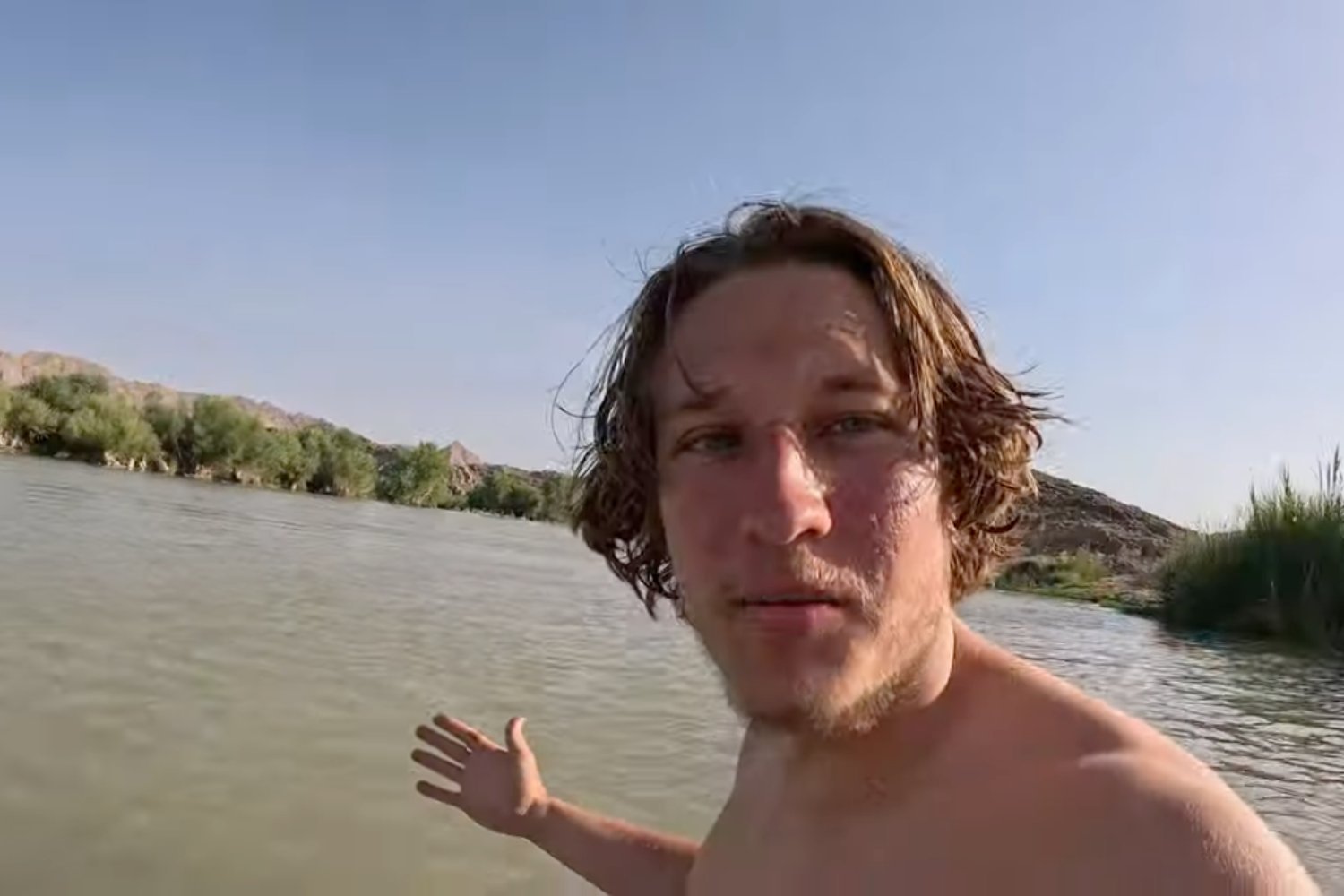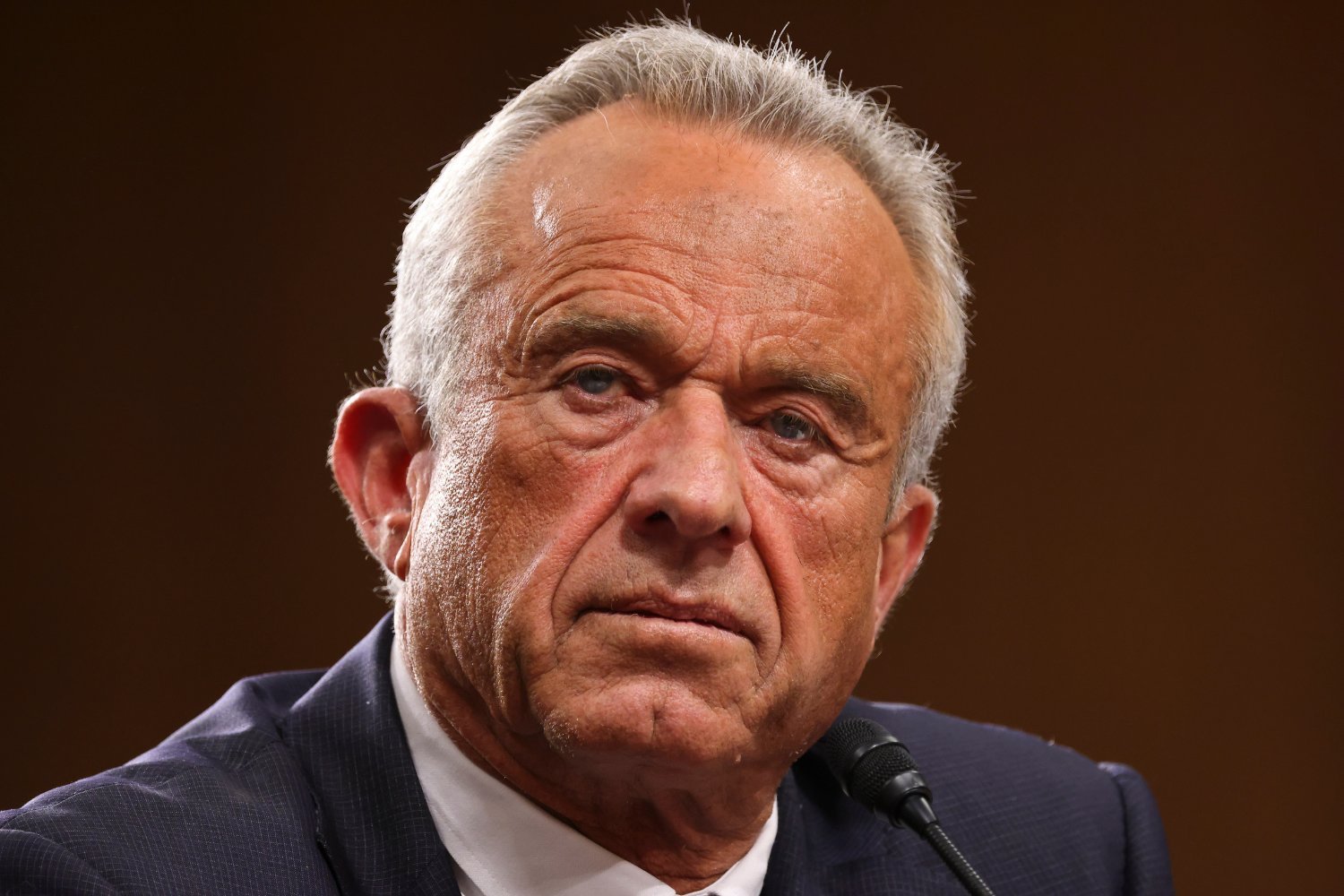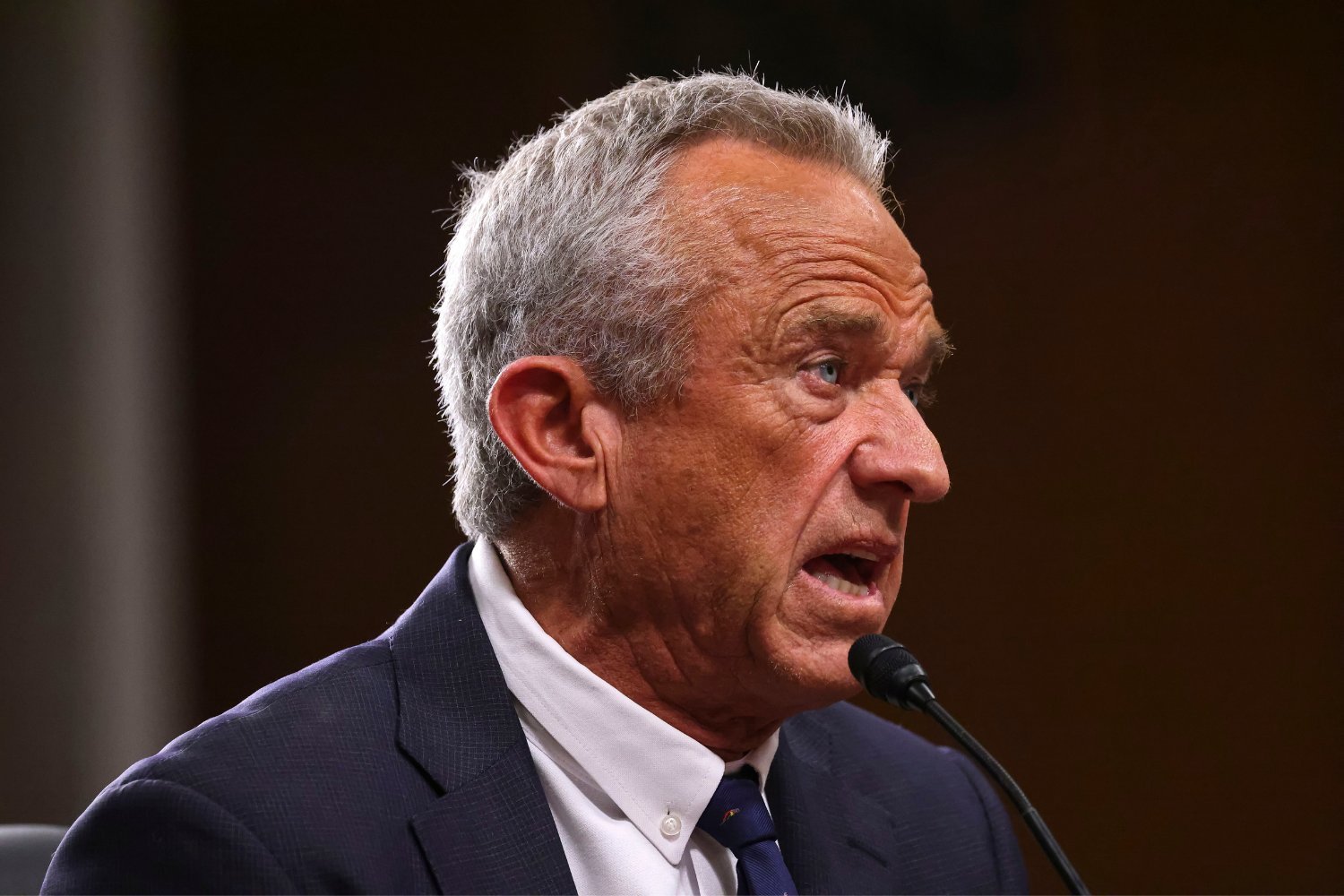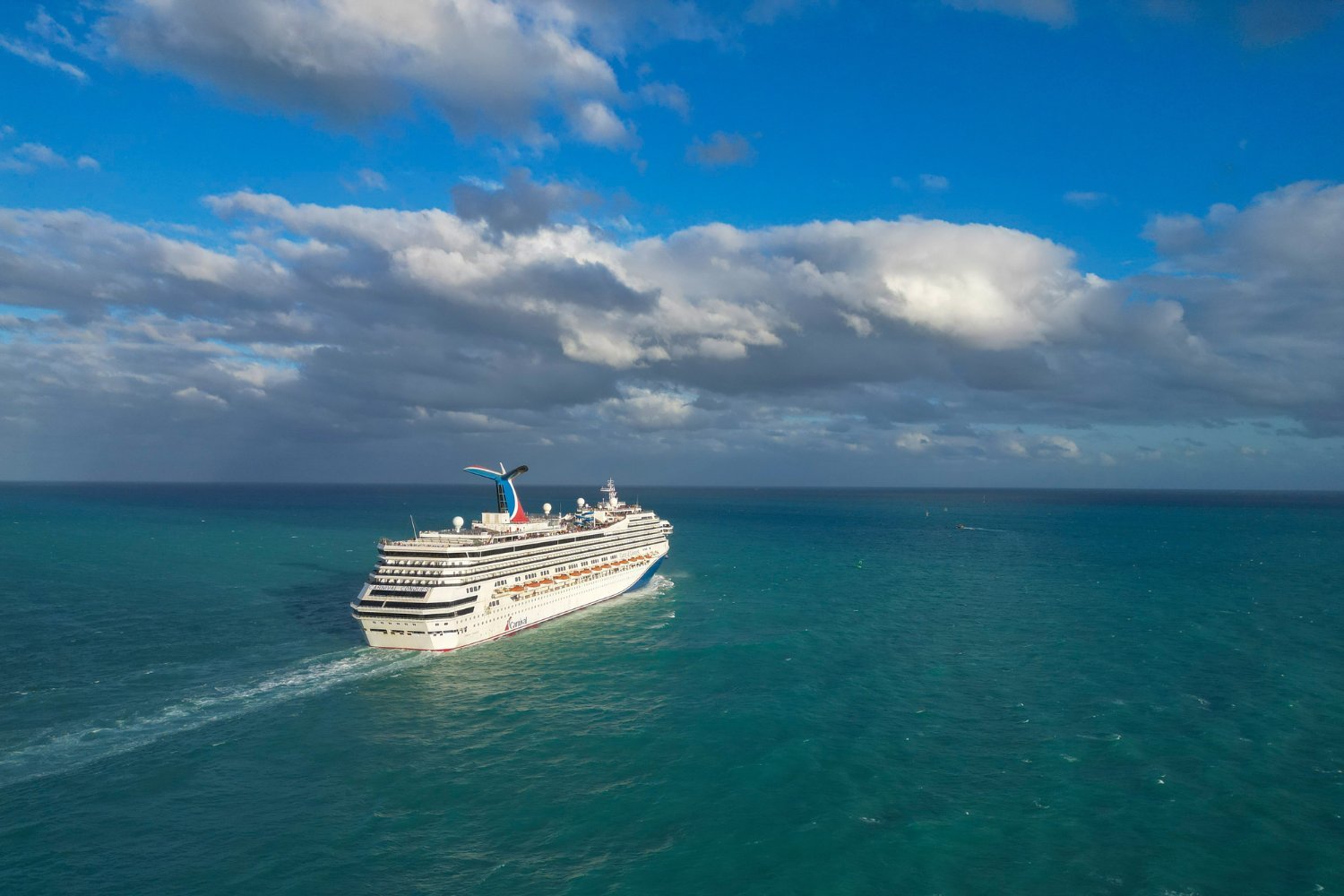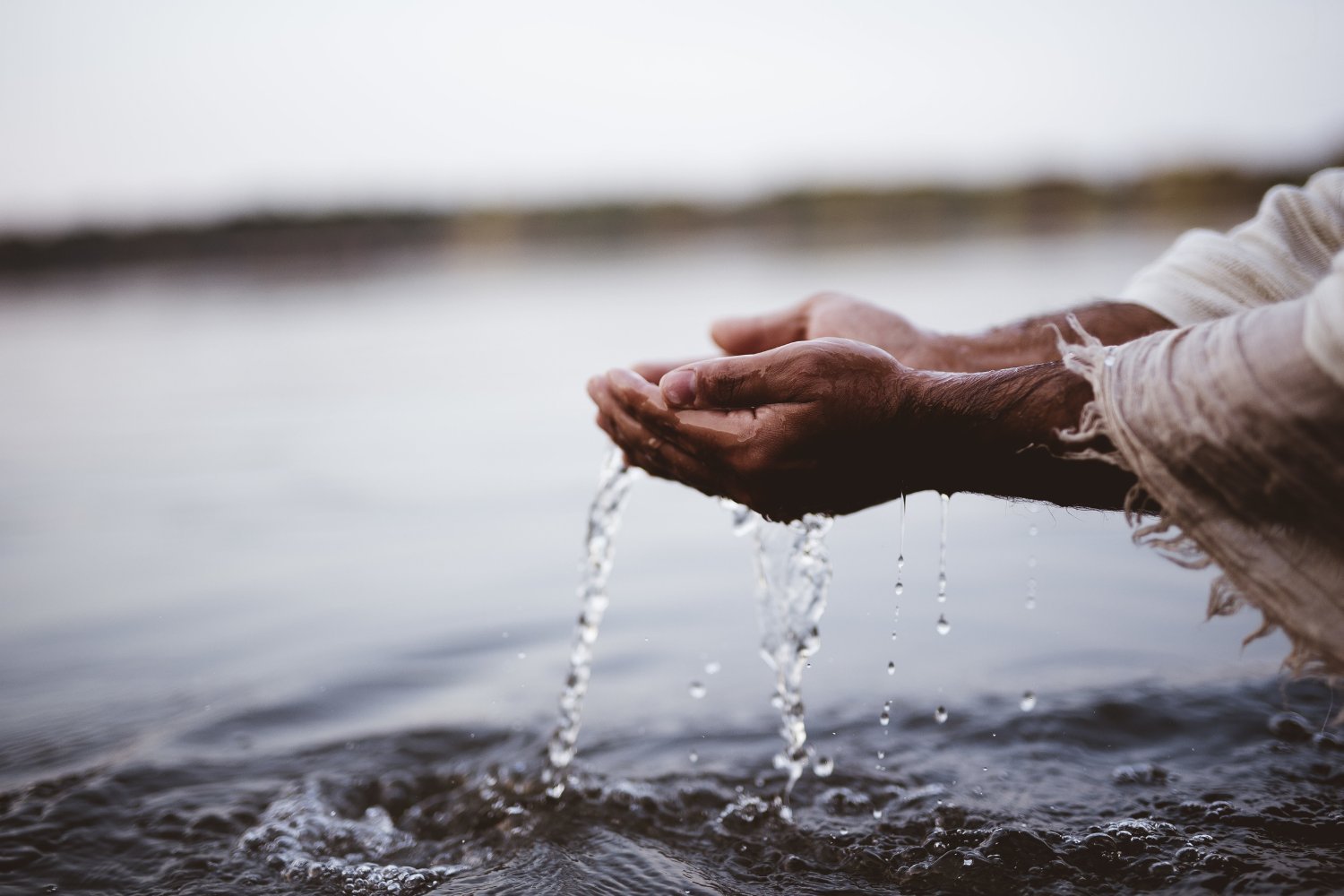A U.S.-based YouTuber recently risked the lives of the Sentinelese, a protected indigenous tribe, by illegally landing on their island. Mykhailo Viktorovych Polyakov, known online as Neo-Orientalist, left a coconut and a can of cola on North Sentinel Island, home to the Sentinelese people, according to Survival International. This reckless act disregarded the Indian government’s strict no-entry policy designed to protect this isolated community from potentially devastating diseases.
The Sentinelese: A History of Isolation and Resistance
The Sentinelese, who reside on North Sentinel Island in the Indian Ocean, are known for their fierce resistance to outside contact. Previous attempts at interaction in the 1970s, 80s, and 90s resulted in violence and even fatalities, prompting the Indian government to implement a complete ban on visits. Polyakov’s actions not only defied this law but also threatened the very existence of the Sentinelese.
Survival International emphasizes the potential catastrophic consequences of introducing diseases like the flu to the Sentinelese, who lack immunity to common illnesses. The organization highlights the devastating impact of contact on other isolated tribes, citing the 85% population decline of the Onge people on Little Andaman Island and the staggering 99% decline of the Great Andamanese following contact with outsiders.
The Dangers of Contact and the Legacy of Colonialism
Polyakov’s actions echo a dark history of colonial encounters with isolated indigenous populations. In the 19th century, a British expedition kidnapped Sentinelese individuals, resulting in the deaths of the elders and the potential spread of disease upon the children’s return. Such experiences likely contributed to the Sentinelese’s deep-rooted distrust of outsiders.
The limited knowledge of the Sentinelese comes from distanced observations and rare peaceful interactions. They are believed to sustain themselves through hunting, gathering, and fishing, using outrigger canoes. Their population is estimated at around 150, including children and pregnant women. However, their language and self-designation remain unknown.
Respecting the Sentinelese Right to Isolation
Polyakov’s actions highlight the dangers of social media-driven stunts and the disregard for indigenous rights. While he faces potential jail time, his actions pale in comparison to the tragic fate of John Allen Chau, a missionary killed by the Sentinelese in 2018 during an illegal attempt to evangelize the tribe.
The Sentinelese have made their desire for isolation abundantly clear. Respecting this choice is not only legally mandated but also morally imperative. Their continued survival depends on our collective commitment to protecting their right to remain undisturbed.
Conclusion: A Call for Respect and Protection
The incident involving the YouTuber underscores the critical need to respect the Sentinelese’s isolation. Their vulnerability to outside diseases and their history of resisting contact demand a strict adherence to the no-entry policy. Protecting their right to self-determination is essential for their survival and a testament to our commitment to respecting indigenous cultures. We must learn from past mistakes and ensure that the Sentinelese are safeguarded from further intrusions.



